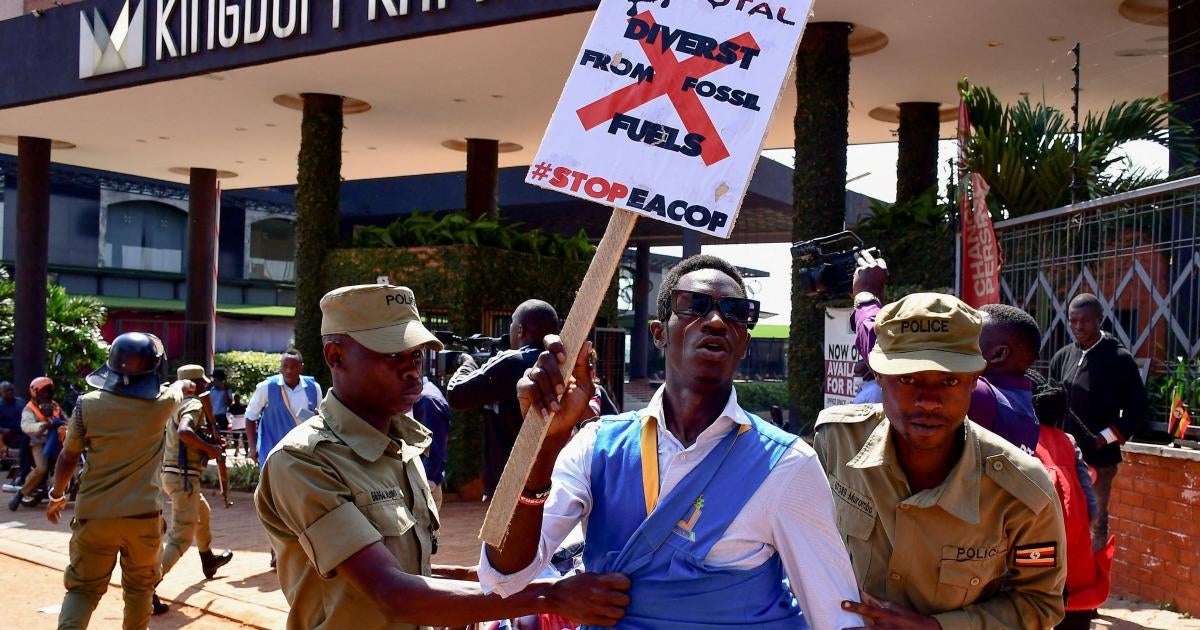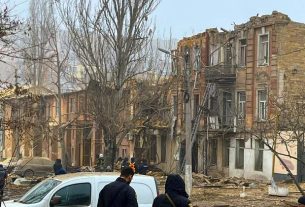|
Getting your Trinity Audio player ready...
|
On Monday, nine student climate activists in Uganda will again appear before a Kampala court charged with “common nuisance” for their activism against a proposed oil pipeline. They were arrested and charged last year while marching to deliver a petition to the European Union’s mission in Kampala supporting a European Parliament resolution. The resolution raised significant concerns, including environmental ones, about the planned East African Crude Oil Pipeline (EACOP) and urged against its construction. In sharp contrast to the treatment of the climate activists, days earlier, students protesting against the resolution had received police protection.
The unfounded and politically motivated charges against the activists should never have been brought, ought to be dropped, and will hopefully be dismissed on Monday. They are part of an ominous and escalating trend of threats against human rights defenders in Uganda, who dare to voice concerns about the country’s oil sector.
Activists in Uganda have heavily criticized the pipeline project because of the risks it poses to the environment, local communities, and its significant contribution to climate change. If built, it will be one of the most substantial fossil fuel infrastructure projects globally. Uganda’s oil development plans encompass hundreds of wells and a 1,443-kilometer pipeline—the longest heated crude oil pipeline in the world—connecting Western Uganda’s oil fields with the Tanzanian coast. It comes at a time when the Intergovernmental Panel on Climate Change, the world’s leading authority on climate science, has warned that no new fossil fuel projects can proceed if the world is to achieve the Paris Agreement goals and limit the worst impacts of climate change.
This week, Human Rights Watch released a report documenting arrests, threats, and other forms of harassment against those who raise concerns about Uganda’s oil development. It follows our report in July that documented violations related to the oil project’s land acquisition project, including inadequate compensation, undue pressure, intimidation, and threats of legal action against those who rejected compensation offers.
Arresting and charging protesters for voicing their concerns about a project that will displace over 100,000 people and exacerbate the climate crisis is wholly unacceptable and only serves to further tarnish the project’s already tainted reputation. We look forward to Ugandan judges standing in defense of human rights and dismissing these trumped-up charges.



